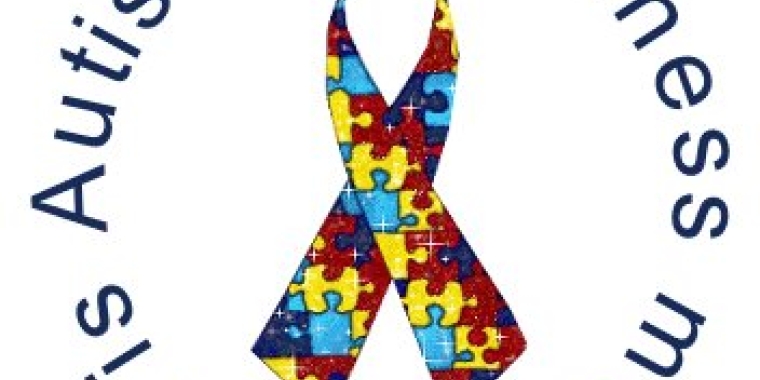
Megan's Law Strengthened By Alesi Legislation
Senator Jim Alesi (R,C - Perinton) sponsored legislation that passed the Senate today that would strengthen Megan's Law and crack down on dangerous sex offenders who reside in New York State.
"Recidivism for sex offenders is among the highest for all criminal offenders," said Senator Alesi. "Because the chance for a repeat offense is so high in these cases, we must eliminate opportunities for sexual predators to be allowed in our neighborhoods."
Senate bill S.966-A would close a loophole in the existing corrections law which sought to prohibit release of sex offenders into the community. Because work release does not encompass community service, it is necessary to reference this particular type of program to ensure that sex offenders are not allowed access to the community during periods of incarceration.
A community services program is defined in state law as meaning a program under which eligible inmates may be granted the privilege of leaving the premises of an institution for a period not exceeding fourteen hours in any day for the purpose of participation in religious services, volunteer work, or athletic events, or for any matter necessary to the furtherance of any such purpose. Work release is defined differently from community services programs. Currently, the law prohibits sex offenders participation in work release programs, but does not prohibit them from community service.
There have been cases where prisoners conducting community service have raped or attempted to rape residents. After years of fruitless attempts and half-hearted efforts by the Assembly Democrats, Senator Alesi and his colleagues in the Senate Republican Majority were able to convince the Assembly of the necessity of this proposal and the importance of keeping convicted sex offenders under strict surveillance.
Moreover, another proposal by Senator Alesi (S.4025) would prohibit convicted sex offenders from residing within one-quarter mile of any school or licensed day care facility.
Senator Alesi also sponsored legislation, S.970, which adds a new section to Megan's Law to impose stricter penalties on those convicted sex offenders who provide false information on the sex offender registry created under Megan's Law. Currently, Megan's Law only provides a penalty for failure to register. Under the new provisions, it would be a class "E" felony when a sex offender who is required to register under Megan’s Law intentionally submits false information regarding his or her identity or residence.
"The registry created under Megan’s Law insures that law enforcement may have a dependable resource that allows them to locate all convicted sex offenders in a region," said Senator Alesi. "Due to the extremely serious nature of these types of crimes and the potential dangers that are created when the registry information is incorrect, it is essential that the registry remain accurate so as to be as effective as possible in protecting the public.
In Monroe County, a dangerous convicted sex offender was able to circumvent the law and live in a community for five years without neighbors or authorities being notified of the heightened risk because he gave a false address to the registry.
Said Alesi, "This measure will send a strong message that engaging in fraud related to the sex offender registry in any way will simply not be tolerated. We must make every effort to eliminate attempts to dilute the purpose or effectiveness of Megan’s Law or to use it as a tool to defame an innocent person."
Offenses that would require an individual to register on the state’s Sex Offender Registry include rape, sodomy, sexual abuse, sexual conduct against a child, patronizing a prostitute, incest, unlawful imprisonment and kidnapping. Level three sex offenders are categorized as the most dangerous of all sex offenders. Often times they have been convicted of the most heinous of sex crimes, such as sodomy and rape against young children.
The State of New York has gone to great lengths to ensure that sex offenders register on the state’s Sex Offender Registry. Further, the more serious the risk to the public, law enforcement has greater access to information regarding these offenders. Currently available to the public with a high-risk offender is an exact address, photograph, their crime of conviction, type of targeted victim and conditions of parole. It is the responsibility of the state to protect our most vulnerable citizens.
A final measure, S.967, enacted by the Senate today, and sponsored by Senator Alesi, would mandate that work release programs for inmates shall not be allowed to operate in areas zoned exclusively residential by a municipality.
